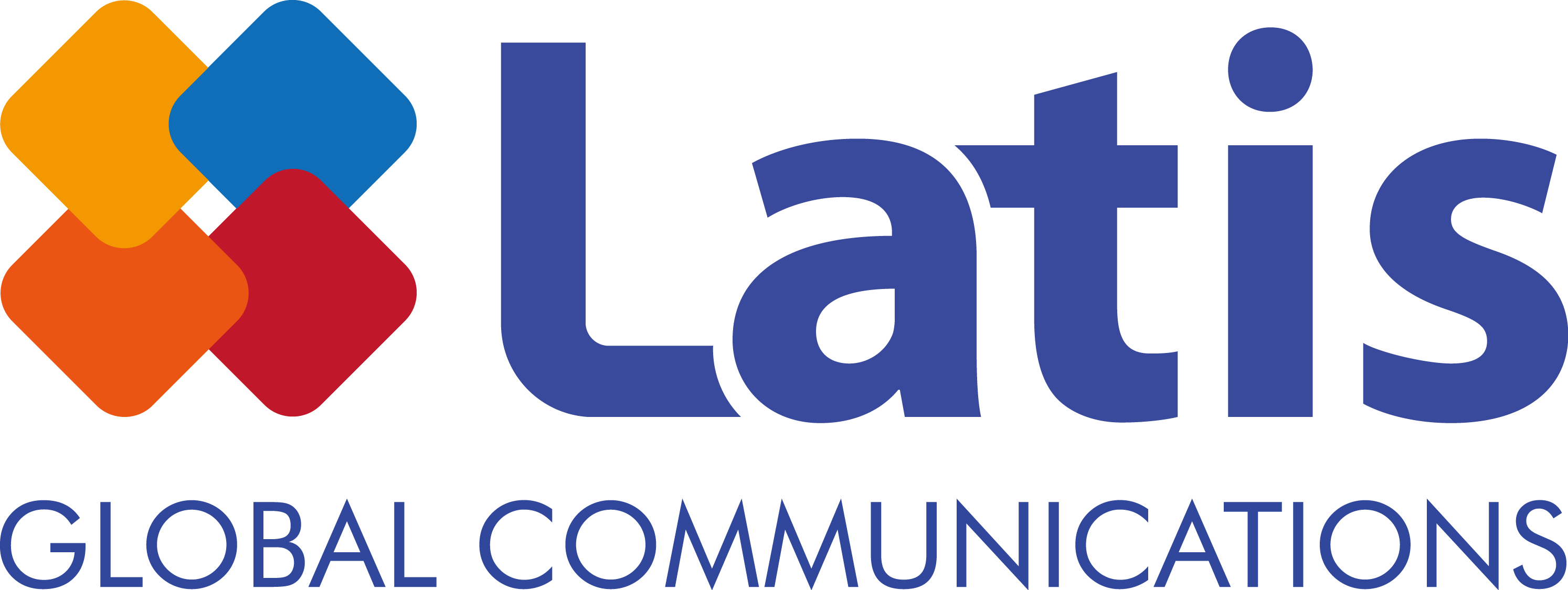
With the development of artificial intelligence technologies, machine learning has made its way into almost every industry, and game localization is no exception. The developers of software assert that the arrival of machine translation tools heralds a new era in localization.

Here we will examine the potential pitfalls of localization projects, the benefits and drawbacks of machine translation, and how to continue with game localization using machine translation with Latis Global, a leader in game localization.
The Complexity of Game Localization
While machine translation is effective in many fields, localizing games proves to be a difficult problem to solve. The fundamental reason for this is that natural-sounding conversation and in-game text are essential components of the immersive experience that gaming always strives to achieve. This is why the quality of translation is so important to many game developers.
Creative Game Localization
Although it might seem obvious, creativity is crucial for giving games life, especially when it comes to translation. It is possible for a translator to experience an unexpected spark of inspiration and create new language that connects with gamers much more effectively than the original material. However, because machine translations are mostly text-oriented, they will always lack the creative component.
Machine Translation Editing
Making the translation sound as natural as possible is one of the most difficult aspects of localization. Additionally, as each nation and region has its own distinctive languages and dialects, appropriately adjusting a translation to a culture requires a thorough study of that culture.

A machine learning solution can go through rigorous training on an already-existing database and learn how to naturally employ popular words and phrases. However, it is difficult to employ the natural expressions that translators use in their work. This is where expert translation by linguists who understand the language natively and community input are quite useful.. The ideal wording based on the target language’s culture should be suggested for post-machine translation correction by native speakers of the target language who are familiar with its nuances.
Tone and Overall Vibe
Certain phrases carry a certain tone, and we do this instinctively, without conscious thought As a result, when translating a game, a human translator can perceive the tone and mood of the game (such as through dialogue, viewpoints, and character dynamics, etc.) and utilize synonyms in addition to the original words. Contrarily, a machine is unable to perceive mood, so the translation may occasionally seem less natural than it should.
How to Use Machine Translation for Game Localization
As was previously noted, there are numerous challenges in moving forward with machine translation because of a variety of background factors, creative expressions, cultural understanding, and more. However, if we were to employ machine translation wisely, it may be a fantastic option for certain tasks.

Translation Speed
The main advantage of machine translation and its selling point is certainly speed. Large amounts of material can be translated by a machine in a matter of minutes as opposed to the days or even weeks it would take a human translator. It frequently turns out to be quicker and more effective to first make a machine translation before editing it. Additionally, if you need to swiftly issue an update and can manage with just adequate translation quality, machine translation’s speed is highly helpful.

Translation Cost Management
Another major benefit of machine translation is that it is quite inexpensive when compared to the fees charged by expert translators. By examining the text to be translated and delegating professionals to more important duties, you can thereby save money.

What to Look Out for in Machine Translation
Machine Translation ≠ Professional Translation
It’s important to remember that machine translation cannot totally replace expert human translation. Even after considerable future advancements, it is for now impossible and will remain difficult to replace human translation. The cause is fairly straightforward. Machine translation software uses corpus data to write out the AI translated results. It doesn’t comprehend the subject matter it’s dealing with, nor does it comprehend how human language functions. It runs according to what its algorithm suggests.

Ending Note
機械翻訳は、ゲームローカライズという大きな作業の一部です。
When carrying out game localization, machine translation may be taken into account as a step.
It is dangerous to approach machine translation from a time and cost perspective. Game localization entails considerably more than just a straightforward language translation. Offering an immersive experience is crucial for keeping users.
Over the years, we have assisted several game developers with their international expansion by offering a high-quality game localization service.
If you have more questions about game localization, please contact contact@latisglobal.com. Should you require any additional support, we’ll try our best to help.

